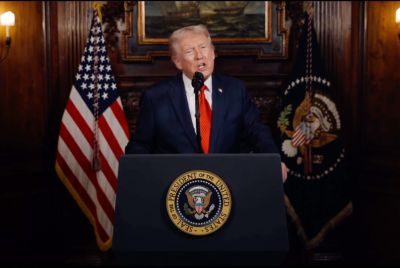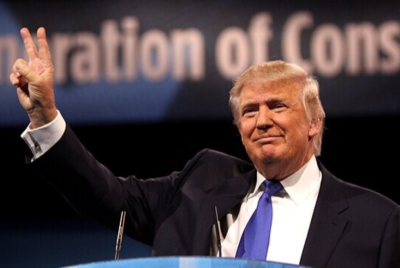Trump Praises 'Colossal Reformer' Musk as DOGE Era Ends
By 30 June 2025, DOGE's remaining team aims to finalise £800 million ($1.7 billion) in cuts.

On 30 May 2025, President Donald Trump bid a high-profile farewell to Elon Musk, the tech titan who led the Department of Government Efficiency (DOGE), in a White House press conference.
Presenting Musk with a symbolic golden key, Trump praised his 'colossal change' in slashing federal spending, while Musk vowed to remain at the 'President's service' from afar.
Despite controversies, including a reported black eye and drug use allegations, Musk's exit signals a shift, not an end, to his influence. What drove this tumultuous tenure, and how will Musk shape policy offstage? Let's dive into this pivotal moment.
Drive Reform with Bold Cost-Cutting
Trump lauded Musk for leading 'the most sweeping government reform in generations', per a Wall Street Journal report, citing DOGE's role in firing thousands of federal workers and dismantling agencies like USAID.
Musk, a special government employee for 130 days, aimed to cut £1.6 trillion ($2.5 trillion) from the federal budget but fell short, sparking legal challenges. An X post from @cb_doge quotes Trump praising Musk's 'patriotism' for enduring 'outrageous abuse'.
A global news source notes Musk's chainsaw-wielding stunt at a conservative conference, symbolising his war on bureaucracy, though his £200 million ($269 million) in pro-Trump campaign spending drew scrutiny.
His reforms saved £400 million ($538 million) but alienated some GOP allies.
Navigate Fallout from Public Backlash
Musk's tenure bruised his image, with Tesla facing vandalism and a stock drop amid his right-wing pivot, per a financial news outlet.
An X post from @livemint highlights Musk's claim of staying at Trump's service, but his drug use allegations, including ecstasy and mushrooms, reported on 30 May 2025, fueled criticism.
His DOGE role, costing £80,000 ($107,000) in administrative expenses, sparked debate over efficacy, with only 12% of proposed cuts implemented. Yet, Trump's team insists Musk's reforms, like streamlining federal contracts, will endure, with some DOGE staff staying as political appointees.
Universities and tech firms now brace for policy shifts as Musk refocuses on Tesla and SpaceX.
Shape Policy from Outside the Spotlight
Musk's exit doesn't mean retreat. Trump, hinting he's 'not really leaving', expects Musk to advise informally, per the same Wall Street Journal report.
By 30 June 2025, DOGE's remaining team aims to finalise £800 million ($1.7 billion) in cuts. Musk's influence persists through his X platform, where he shapes GOP narratives. A financial news source notes his pullback from political donations, redirecting focus to AI and space ventures, yet his advisory role could sway tariffs and tech regulations.
This hybrid influence, part insider, part outsider, positions Musk to steer policy without formal accountability, raising concerns about unchecked power.
Musk's Next Act: Power Without the Title
Musk's White House exit, marked by Trump's golden key, closes a chaotic chapter but opens a new one of sideline influence.
His DOGE legacy, bold cuts, legal battles, and public backlash, reshapes Washington, but at a cost to his empire's image.
As Musk pivots to his businesses, his advisory role ensures he'll steer Trump's agenda, without the spotlight or the scrutiny. America's future hinges on this uneasy balance of genius and controversy.
We are all set to see how much to the Musk influence rubs off on Trump's decisions to come in the near or distant future.
© Copyright IBTimes 2025. All rights reserved.



















